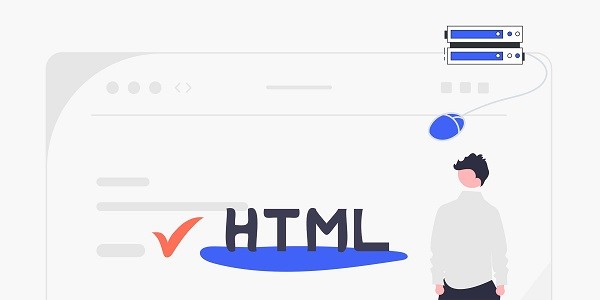Explore the essentials of free Ukraine proxies, their use cases, and why IP2world's premium proxy services offer a more secure and reliable solution for your needs. What Is a Free Ukraine Proxy?A free Ukraine proxy refers to a server located in Ukraine that allows users to mask their real IP addresses and access region-specific content without cost. These proxies act as intermediaries between a user's device and the internet, routing traffic through Ukrainian servers to bypass geo-restrictions or enhance privacy. While free options may seem appealing, they often come with limitations such as slower speeds, unreliable connections, and security vulnerabilities.IP2world, a leading proxy service provider, offers advanced alternatives tailored for diverse needs, including dynamic residential proxies and static ISP proxies, ensuring higher performance and reliability compared to free solutions. Why Would You Need a Free Ukraine Proxy?Users might seek free Ukraine proxies for tasks like accessing local news websites, streaming region-locked content, or conducting market research specific to Ukraine. For instance, businesses analyzing Ukrainian consumer behavior could use these proxies to gather localized data. However, free proxies are rarely suitable for high-demand activities like large-scale web scraping or secure transactions due to their instability and lack of encryption.IP2world's dedicated datacenter proxies or S5 proxies provide better stability and security for such use cases, eliminating the risks associated with free services. What Are the Limitations of Free Ukraine Proxies?Free proxies often suffer from overcrowded servers, leading to frequent downtime and slow connection speeds. Security is another concern: many free services log user data or inject ads, exposing users to privacy breaches. Additionally, free Ukraine proxies may lack IP diversity, making it easier for websites to detect and block them.For tasks requiring consistent performance—such as e-commerce price monitoring or social media management—IP2world's unlimited servers or static ISP proxies offer dedicated resources and advanced IP rotation features, ensuring seamless operations. How Do Premium Proxies Outperform Free Ukraine Proxies?Premium proxy services address the shortcomings of free options through enhanced infrastructure. Dynamic residential proxies, for example, rotate IPs from real residential devices, mimicking organic traffic and reducing detection risks. Static ISP proxies provide fixed IPs with high uptime, ideal for long-term tasks like account management.IP2world's solutions also include geo-targeting capabilities, allowing users to select Ukrainian IPs or other regions with precision. This level of customization ensures compliance with platform policies while maintaining high-speed connections. When Should You Consider Paid Proxy Services?If your activities demand reliability, speed, or advanced features like session control and API integration, free proxies are insufficient. Paid services become essential for:Business-critical operations: Ad verification, SEO monitoring, or competitor analysis require uninterrupted access.High-security needs: Sensitive tasks like financial transactions or confidential data transfers mandate encrypted connections.Scalability: Large projects, such as bulk account creation or automated workflows, need robust infrastructure.IP2world's exclusive datacenter proxies and S5 proxies cater to these needs with customizable plans and 24/7 technical support. IP2world: Your Gateway to Reliable Proxy SolutionsWhile free Ukraine proxies might serve casual users, professionals and businesses benefit from investing in premium services. As a professional proxy IP service provider, IP2world provides a variety of high-quality proxy IP products, including dynamic residential proxies, static ISP proxies, exclusive data center proxies, S5 proxies and unlimited servers, suitable for a variety of application scenarios. If you are looking for a reliable proxy IP service, welcome to visit IP2world official website for more details.
2025-04-14





